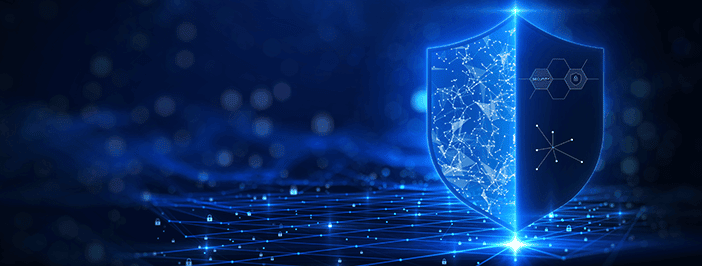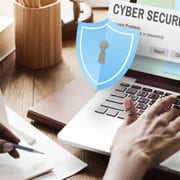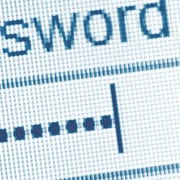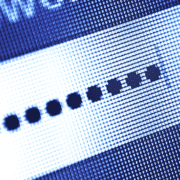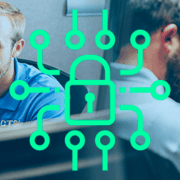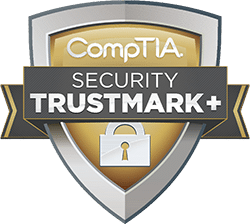Cybersecurity for local and county governments
Not just businesses that should care about cybersecurity — local and county government bodies are also vulnerable. Here’s why cybersecurity should matter to government agencies and five tips for how local and county-level government agencies can reduce the risk of data breaches.
Why cybersecurity matters
There are two main reasons why local governments must care about cybersecurity.
- You have a duty to safeguard the personally identifiable and sensitive data in your care.
- Security incidents and data breaches can affect the running of essential services, damaging public trust.
Research shows that local governments are under daily — if not constant — attacks from cyber criminals. Security should, then, be a top priority for any public entity.
How to improve local and county government cybersecurity
The best way to improve your cybersecurity is to hire an experienced IT provider that can design a security plan to suit your agency. However, in the meantime, here are five strategies you can adopt to bolster your IT security quickly.
Have an incident response plan
An incident response plan sets out the procedures to follow and what tools to use if there’s a data breach. Having a plan in place lets you respond to potential data breaches more quickly so you can mitigate the damage and rectify any weaknesses in your cybersecurity defenses.
Use zero trust architecture
“Zero trust” is a relatively new type of network design. Essentially, every individual gets verified before they’re allowed to access your network — whether they’re sitting in your office or working from a remote location.
Ways to use zero trust network design include:
- Setting automatic timeouts for connections and logins
- Reducing access privileges, so staff can only see the information they need to perform their specific duties
- Controlling which devices can access the network
- An experienced managed services provider can help you plan and install a network based on the zero trust principle.
Provide staff training
We’re seeing a 44% increase in insider threats in recent years, and 62% of insider incidents result from employee negligence. The answer to this problem? Promote a security culture among your personnel.
- Ensure employees know how to create strong passwords.
- Train employees on how to keep data safe.
- If you’re unsure how to provide adequate staff training
Perform regular cybersecurity audits
Regularly auditing your cybersecurity processes allows you to identify and repair potential weaknesses in your framework. They also help you reduce downtime by ensuring your systems are working optimally.
Consider performing security audits at least once every quarter or hire an IT provider to undertake this review on your behalf.
Use a VPN
A virtual private network (VPN) forms a secure “funnel” between your device and the internet. It allows you to browse public WiFi networks safely by encrypting all information, including browser history and user data. If your staff ever work remotely, consider making sure they’re using VPNs to shield sensitive government data from unauthorized access.
Managed cybersecurity services by CTSI
You can’t rely on just one solution to properly protect your IT systems and sensitive data. Instead, you need a multi-layered, structured cybersecurity plan to shield your agency at every level.
At CTSI, we specialize in designing bespoke, comprehensive security plans for clients requiring the latest cybersecurity protection — contact us now to discover how we can help.

